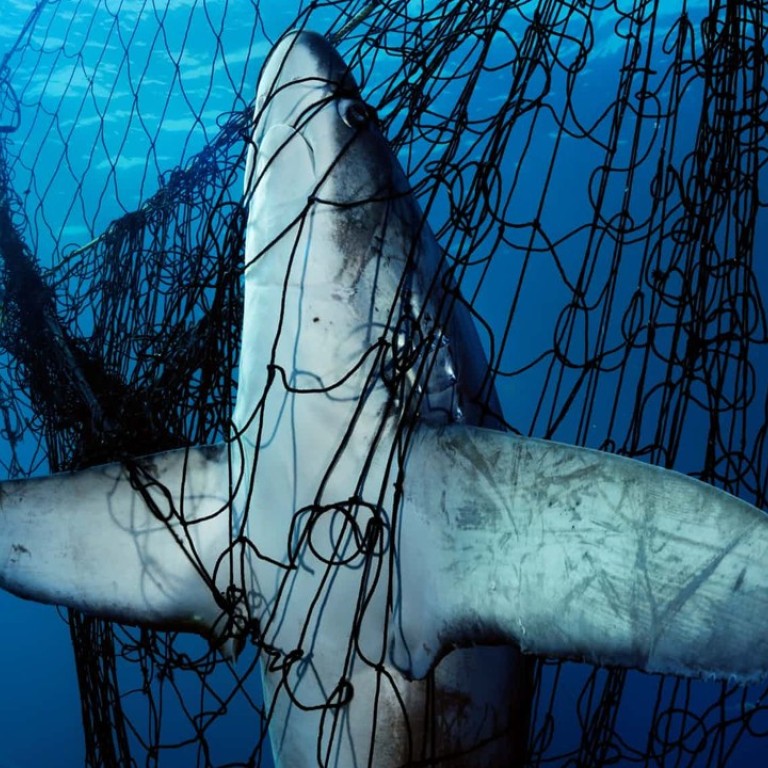
Can America lead the world on banning the shark fin trade?
One of the greatest threats facing sharks is the demand for their fins. In fact, the fins from as many as 73 million sharks end up in the global market every year.
The demand for fins drives the practice of shark finning and – although this brutal practice is illegal in US waters, the US still imports fins from countries that have no finning bans – thus, still indirectly supporting this practice.

But there is a growing global movement opposing the fin trade, as evidenced in the article above. And right now, one of the most promising actions is happening in the United States.
The US still imports fins from countries that have no finning bans [thus] indirectly supporting this practice
The US Congress has introduced the bipartisan Shark Fin Trade Elimination Act to ban the trade of fins nationally.
This bill would not only remove the US from the trade, but it would also improve enforcement of the current US finning ban, and reinforce the status of the US as a leader in shark conservation.
Currently, 12 American states, three territories, 40 airlines, 20 shipping companies and over 500 businesses have passed shark fin bans. Now, it’s time for the US to demonstrate its global leadership by passing a national ban.
To protect sharks globally, we need to end the demand for shark fins.
We urge the US to protect the thousands of jobs andcountless businesses that rely on healthy shark populations by banning the trade of shark fins.
Whitney Webber, campaign director, Oceana

